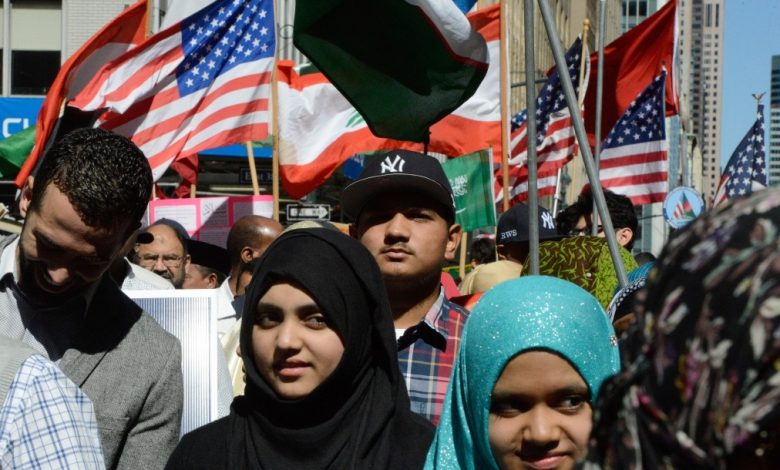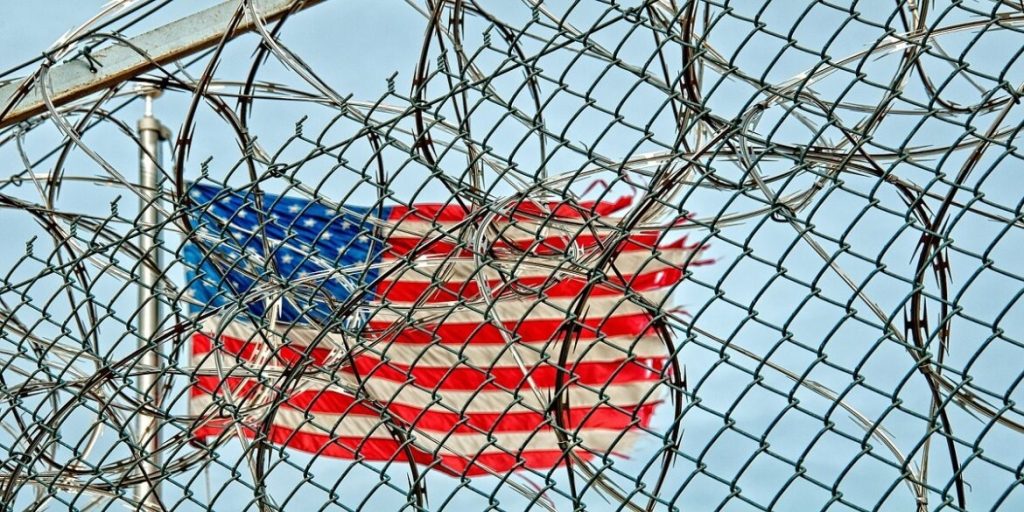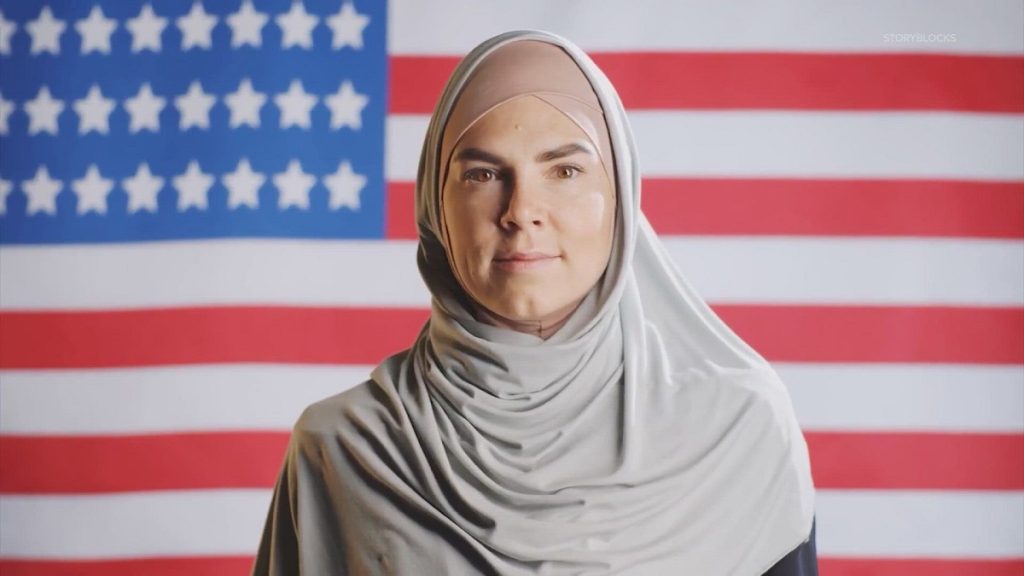Key Questions Muslim Immigrants Should Ask Before Settling in the U.S.
A guide for Muslims evaluating faith, community, and family needs before making America home.

For Muslims considering moving to the United States, the decision is more than just about job opportunities or higher education. It involves evaluating whether America can provide a space where religious, cultural, and family values can flourish while also offering long-term security and stability. Before making the U.S. a permanent home, Muslim expatriates should ask themselves several important questions.
1. How Accessible Are Islamic Centers and Mosques?
A practicing Muslim’s life is deeply connected to communal worship. Before settling in a city, it’s vital to research whether there are mosques nearby, if Friday prayers are accessible, and if there are active Islamic centers offering educational programs, youth activities, and community support. Areas like New York, Chicago, Michigan, and California often have established Muslim communities, while smaller towns may lack such resources.
2. Is Halal Food Readily Available?
Food accessibility is central to daily life. Muslim immigrants should investigate whether halal butchers, grocery stores, or restaurants are available locally. While larger cities tend to have abundant halal options, some regions may only offer limited access, requiring longer travel or reliance on online delivery.

3. What Is the Local Muslim Community Like?
A strong community helps immigrants preserve their faith and identity. Asking whether the local Muslim population is active, diverse, and supportive is crucial. Newcomers should also consider whether there are cultural associations, weekend Islamic schools, or youth groups that can help families—especially children—maintain their values in a Western context.
4. How Will My Faith Be Accommodated at Work or School?
Practical questions include whether employers and schools respect religious needs, such as time for daily prayers, the ability to attend Jumu’ah (Friday prayer), or wearing the hijab or beard without discrimination. Some states and institutions are more accommodating than others, making this a key factor in choosing where to live.
5. What Are the Educational and Career Prospects?
Muslim families often prioritize education. Before settling, parents should assess the quality of local schools and universities. At the same time, professionals must explore whether their career paths align with opportunities in their chosen city, and whether workplaces are inclusive of religious diversity.
6. How Safe and Welcoming Is the Area?
Safety goes beyond crime rates—it includes the social climate. Immigrants should ask whether the city or neighborhood has a history of Islamophobia, or if it is generally welcoming to diverse cultures and faiths. Talking to local Muslims or researching online forums can provide valuable insights.

7. What Is the Long-Term Vision?
Finally, Muslim immigrants must reflect on whether they see America as a temporary stop or a permanent home. Long-term questions include U.S. citizenship, raising children in a multicultural society, and balancing Islamic values with integration into American life.
Conclusion
Deciding to settle in the United States is both exciting and challenging. By asking the right questions about faith, food, community, education, and safety, Muslims can make informed choices that ensure both their spiritual well-being and their family’s future success.



